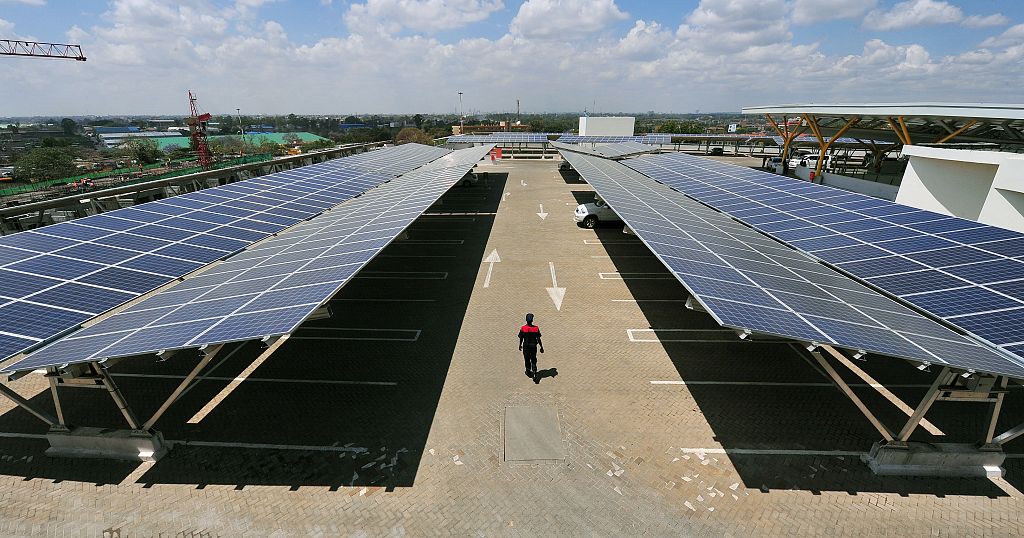Embracing Solar Energy and Beyond
Kenya generates over 70% of its energy from renewable sources such as geothermal, hydro, and wind energy. The solar energy market in Kenya is also expanding, attracting industrial and residential users. To boost this growth, the Kenyan government zero-rates the importation of solar panels and inverters.
During the inaugural Africa Climate Summit in Nairobi, President William Ruto emphasized Africa’s potential for renewable energy self-sufficiency. He stated, “The continent has enough potential to be entirely self-sufficient with the mixture of wind, solar, geothermal, sustainable biomass, and hydropower.”
Challenges and Solutions
However, imported solar technology in Kenya faces import duties and a 15% value-added tax, increasing the cost for consumers. Despite these challenges, solar energy’s reliability and cost-effectiveness continue to attract significant investment.
In Nairobi, Clean Power has installed 25,000 kilowatts of solar energy over the past six years. Rashmi Shah, the company’s Managing Director, highlighted the benefits of solar energy, stating, “It’s very clean energy. Clients can recover their initial costs with savings made within the first four years.”
Industrial and Residential Adoption
Industries such as steel manufacturing and edible oil factories are among the biggest clients for solar energy in Kenya. Solar installations are not only reducing operational costs but also promoting environmental sustainability. Shah noted, “We are not polluting the air, raising temperatures, or affecting the climate. That is why there is more emphasis on cleaner energy, and solar is certainly one of the cleanest.”
On the residential front, some homes, including Shah’s, are now completely off-grid. This independence from the national grid proved beneficial during a recent blackout that left many, including the main airport, in the dark for hours.
Expanding Solar Technology in Africa
The World Bank reports a significant increase in solar mini grids across Sub-Saharan Africa, growing from around 500 in 2010 to over 3,000 today. The UN’s environmental agency points out that 60% of the world’s best solar sites are in Africa, yet only 1% of this potential is currently harnessed.
Future Prospects
Kenya’s commitment to renewable energy, bolstered by favorable green energy policies and strategic solar energy investments, sets a strong example for other African nations. As the country continues to embrace and develop solar technology, it contributes significantly to global efforts towards sustainability and carbon neutrality.
Kenya’s renewable energy leadership highlights the critical role of solar energy market trends and developments in shaping a greener future. The nation’s innovative approach and investment in energy storage solutions and lithium batteries further underscore its dedication to sustainable energy practices.
Source:africanews.com





